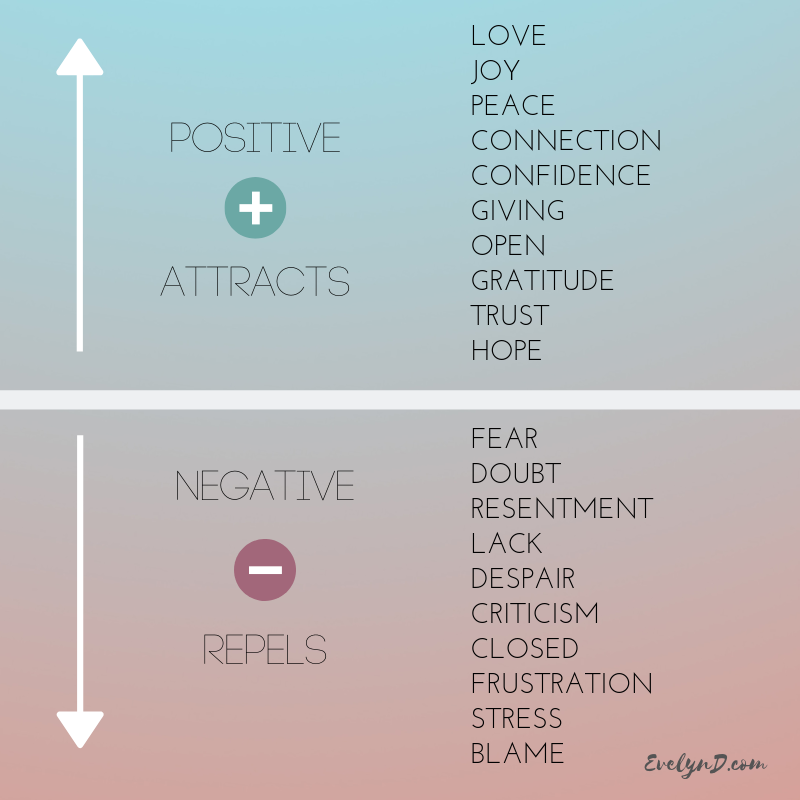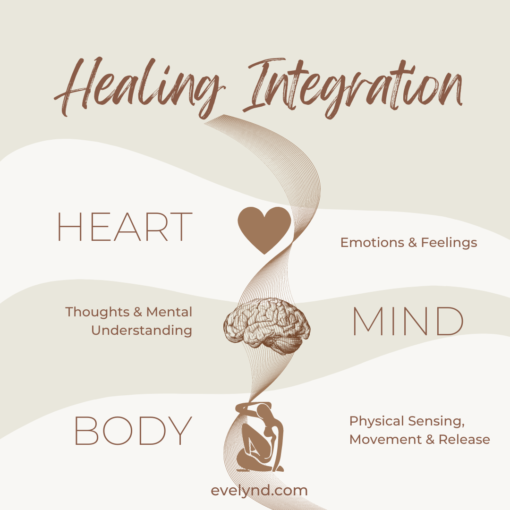I learned of a concept in the neuroscience world that explains why some people either don’t lose weight or lose and regain weight over and over again despite doing everything right with their diet and lifestyle.
It’s rooted in false beliefs and it boils down to being addicted to dieting – addicted to having a weight problem (or health – or any – issue)..It’s being addicted to the struggle.
Sounds crazy, right? Let’s break it down:
“Addiction is a primary, chronic disease of brain reward, motivation, memory and related circuitry. Dysfunction in these circuits leads to characteristic biological, psychological, social and spiritual manifestations. This is reflected in an individual pathologically pursuing reward and/or relief by substance use and other behaviors.”
– ASAM
Why would you choose to be addicted to yo-yo dieting? To work so hard to lose weight only to regain it. Or to be super duper compliant with your meal plan for weeks or months with nothing to show for it.
It’s miserable, right? You want to be optimal in health (and appearance), so what could be the benefit or reward in constantly dieting?
You may be addicted to the struggle.
No one chooses addiction. Addiction is born from first, experience, and then repetition. We often refer to addiction in relation to substances: alcohol, drugs, sugar, food – or deviant behavior: sex, overspending, gambling, shoplifting. But over-dieting and overexercising – over anything – even “culturally healthy” things – rank in there too.
Because you’ve been habituated to the behavior and outcome of always going on a diet, at a neural and cellular level, it’s what your body knows and so you keep going back to the behavior, even though your conscious mind wants something else.
These are also known as patterns. Dr. Bruce Lipton, author of the Biology of Belief, calls them programs. Dr. Joe Dispenza refers to them as habits.
Some of our addictions, patterns, programs and habits are based in beliefs and feelings of fear, rejection, abandonment, neglect, lack, scarcity, distrust, etc… These roots go deep and are planted when we’re very young and then compounded with other life events or traumas. Science has shown that the patterns or programs are developed and then reside at the cellular level.
These behaviors are rooted in a belief (usually false and/or outdated) and they provide(d) some level of reward (or protection) and so you kept (and keep) reverting back to them.
Cellularly, neurons send signals through synapses into cellular receptor sites that then prompt the brain and nervous system and drive our actions. Done often, with enough “charge”, and these patterns become subconscious – automatic. You don’t have to think about them, they just happen.
“Neurons that fire together wire together.”
~Donald Hebb, 1949 and more recently, Dr. Joe Dispenza
A common analogy used to illustrate this neural programming is driving. When you start driving, you have to really focus and think about turning on the car, turning the wheel, stepping on the gas and brake with proper timing and cadence, carefully watching the road every second.
After a while, the patterns and programs become “second nature” and you can drive without any conscious thought at all. How did I even get home?
When it comes to how you think about your body and your relationship to food, the ‘programming’ starts shockingly early.
We have a primal need for belonging. We are wired this way. From an evolutionary perspective, we wouldn’t survive without acceptance from our parents and the “tribe”. Our biology is designed to ensure that we are not left behind or rejected.
If you had critical, hyper-weight focused parents or were teased about your appearance in school, you started to quickly figure out how to protect yourself…how to avoid these uncomfortable feelings, rejection and traumas. Dieting, restricting calories and overexercising usually did the trick as you grew into your tween/teen years. And so it began.
For me, it was a combo.
My mom was (and still is) a petite peanut. She commented (aka nagged) my Dad about his eating, drinking and belly all the time. Although she wasn’t as blatantly critical with us, she did focus on our appearance. She never said it, but I felt it deeply: She did NOT want overweight daughters.(Interestingly, all 3 of us sisters have struggled with our weight – and my brother, not at all).
I’m sure this focus stemmed from her own upbringing and the diet culture of the 50s and 60s too. It’s multi-generational and a viscous cycle.
In school, I was always a little thicker than the stick skinny girls, so although I was only occasionally teased for it (called “Heavy Evy” or “Evelyn the Elephant”); I internalized any and all negativity right away and quickly learned that to be accepted socially, I better not be fat. I’m still painfully self conscious and self aware when it comes to how I look.
You probably have your multi-factoral story that led you to dieting and poor body image too. We all have something. It’s OK. The key point to understand is that you go back to the cycle of dieting and feel stuck because the struggles – the process of losing weight (and regaining it) -the false beliefs you carry about yourself and your worth – are programmed into your cells.
It’s not about blame or going back to the past. It’s really about recognizing the program – the pattern, habit and false beliefs – and starting to shift to something more aligned with what you want NOW. You CAN change the programs!
Things to start noticing and changing:
- Negative thoughts and words. I hear things like: I always do this. I self sabotage. I can never get passed such and such # or size. I can’t control myself. I blew it. Why can’t I lose weight. I’m a slow loser. What’s wrong with me? Start changing your thoughts, feelings and words so that they reflect what you desire. Your cells listen to every word you say, think and feel. You can’t fake it or force it. You have to create new beliefs, phrases and ways of being and let go of the old ones.
- Underlying tension and stress. It’s sneaky. It’s hidden. Others would probably say you seem so calm. Not inside. You’ve gotten so accustomed to glossing over the tension, you don’t even realize it’s there. Do body work, deep breathing, yoga, prayer, meditation, visualization, hypnosis – whatever resonates with you so that you get into the parasympathetic (relaxed nervous system) state MORE.
- Spot knee jerk behavior. Challenge yourself to try something different that’s supportive of your goals. Change things up. If you’re used to having coffee first thing in the morning, have water. Skip the coffee some days. If you’re used to chocolate after dinner, go a few nights or weeks without it or have something different. Walk or drive a different route. Eat new things. Create new patterns and catch yourself when you’re mindlessly reverting to autopilot.
- If you’re constantly starting new diets every few months, jumping on every new fad, STOP. (This is me too! I’m still catching myself.)
You can get off the struggle bus. You can stop constantly chasing diets and needing to lose weight and fixing yourself – without “letting yourself go”.
I’ll repeat: You CAN change the programs!
THAT is the work. Please comment below or DM me with what comes up for you with this perspective. What will you start to shift? I’d love to hear from you.
xo,
Ev




